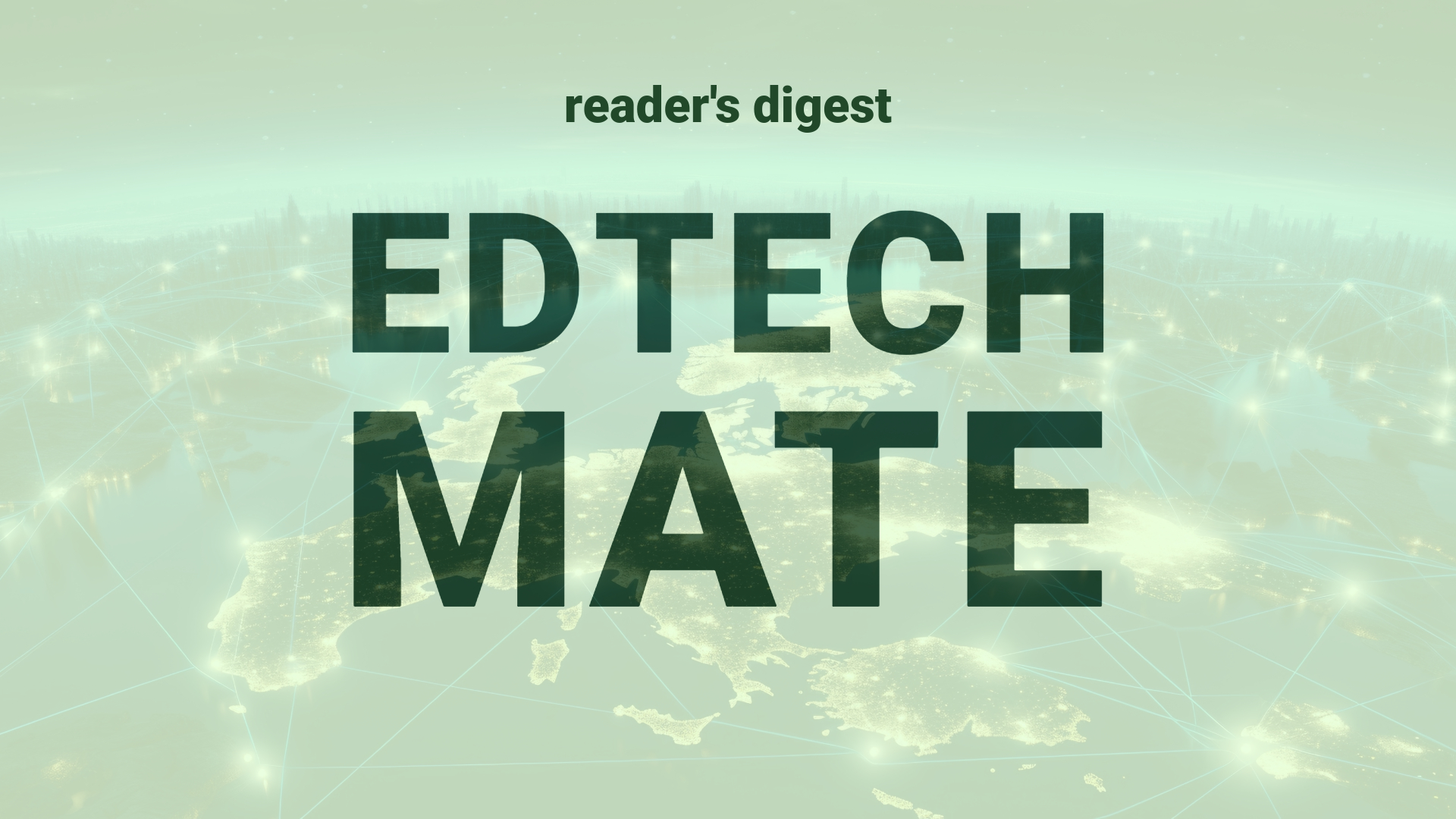Executive Summary and Main Points
Advances in technology have transformed the way literature reviews are conducted in academic research, introducing tools such as semantic search databases, literature mapping services, and AI-assisted writing aids. Innovations like ilicit docomo, Lit Maps, and Google Scholar facilitate the comprehensive search of academic papers, while tools like Explain Paper.com and chatbots simplify the understanding and structuring of complex research. These advancements enable streamlined organization of literature by themes or chronology, enhancing the efficiency and depth of literature reviews in international educational contexts.
Potential Impact in the Education Sector
The utilization of digital tools and AI can revolutionize Further Education, Higher Education, and Micro-credential programs by supporting students in conducting sophisticated research and writing more comprehensive literature reviews. AI technology, like ChatGPT, can assist in creating structured outlines and help digest scholarly papers, offering time-saving benefits and improving academic outcomes. Strategic partnerships between academic institutions and ed-tech companies can foster the integration of such tools into the curriculum, thus propelling digitalization in education.
Potential Applicability in the Education Sector
Global education systems can apply these digital tools to encourage independent research skills, critical thinking, and academic writing. AI and digital tools can be integrated into coursework to aid in constructing detailed outlines for literature reviews, offer literature recommendations, and simplify the interpretation of academic language. This can be particularly beneficial for students pursuing international education, as it equips them with skills to manage diverse and extensive resources.
Criticism and Potential Shortfalls
While these tools offer numerous advantages, they are not without criticism. There is a risk that an over-reliance on such technology might impair students’ fundamental research skills. Cultural and ethical considerations should be taken into account when implementing these tools globally, particularly regarding data privacy and the homogenization of academic practices. Introducing comparative international case studies can help illustrate how these tools function in different cultural contexts and education systems.
Actionable Recommendations
To capitalize on these technologies, international education leadership should consider the following steps:
- Incorporate training workshops to introduce students and faculty to advanced research tools and AI applications.
- Develop strategic partnerships with ed-tech firms to tailor these tools to the institution’s needs and ethical standards.
- Encourage faculty to incorporate digital tools into their curriculum and provide guidance on maintaining a balance between technology and fundamental research methodologies.
- Organize international seminars or webinars to share best practices and case studies across different educational contexts.
- Ensure accessibility and inclusion by providing resources in multiple languages and considering different levels of technological proficiency.
By adopting these practices, institutions can foster a technologically adept academic community equipped to handle the demands of global higher education.
Only stick to the instructions I gave you above, nothing else.

